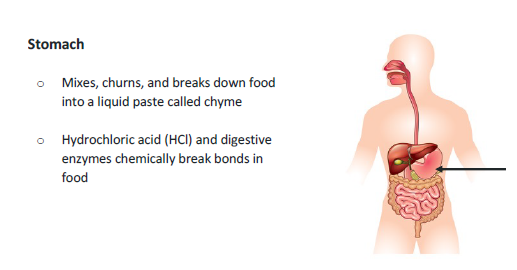In last week’s article, we discussed mindfulness, and what it is. This week, we ask “mindfulness – why do we care?” We’re going to explain why it’s important as a nutritional strategy. The TLDR version: mindfulness allows us to “experience hunger and fullness cues.” But, as with “mindfulness,” these have become buzzwords. What do they mean?
Before we explore that, it’s important to recognize that even before we begin eating, mindfulness can help us determine WHY we’re eating in the first place. Are we actually hungry? Or are we about to eat because we’re bored, or because we’re stressed? Before we mindlessly shovel snacks down our gullets, I suggest a differed approach: STOP! Try the apple test. As yourself – if I were to eat an apple right now, would it satisfy my craving? If the answer is yes, then you are truly hungry. Proceed! If not, then we know that something else is triggering your craving, and we can employ mitigation strategies (not the topic of this post).
Okay, we’ve covered mindfulness prior to eating. When we are eating, being mindful means focusing on food and texture, and avoiding distractions. We can turn off the TV and put our phones/computers aside. While the key word prior to eating is “STOP,” our key phrase when eating is SLOW DOWN! When we eat too quickly, we don’t give ourselves time to feel full. Have you ever watched competitive eaters? Are they going fast or slow? Ever try to tackle a big meal? Did you pace yourself, or start out fast? I’ve crushed a double steak Chipotle burrito in 3:12 and been ready for another one. Not quite Furious Pete status (I actually have a gag reflex), but the point is, I was still hungry after eating more than a pound of food.
How is this possible? Well, “hunger and fullness cues” are not just psychological; they do correspond to physiological stressors. When it comes to digestion, the main job of our stomachs is to churn food, and soak it in acid, so that we physically and chemically break it down to the point that we can absorb nutrients. Because our stomachs contain a strong acid, THANKFULLY, we can’t feel much other than pressure. When we eat quickly, we fill up our stomachs before they can signal our brains that they’re full. Furthermore, the end product of the digestive process in the stomach is a paste-like substance called chyme, which has the consistency of apple sauce. The valve that allows chyme to pass from our stomachs into our intestines (called the pyloric sphincter if you’re curious) is texture sensitive. This valve also signals our brains that we’ve ingested nutrients that are now ready for absorption. If we eat quickly, we don’t chew our food, which means that the stomach must work harder to break it down into chyme. So, once again, our brain doesn’t receive the signal from the pyloric sphincter that we’ve eaten.

To summarize that last paragraph, eating quickly is bad for 2 reasons, so SLOW DOWN AND CHEW YOUR FOOD! Hunger and fullness cues are triggered by the stomach sending signals to the brain, and this takes time. We can create this time by eating slowly, being present in the moment, and enjoying our food. In other words, by practicing mindfulness. Thanks for reading, and see you in the gym.
